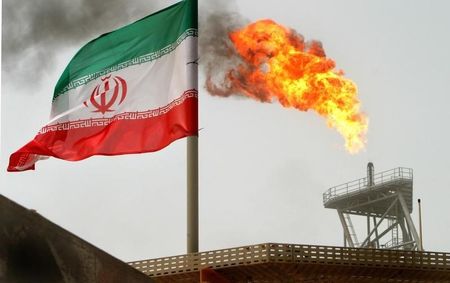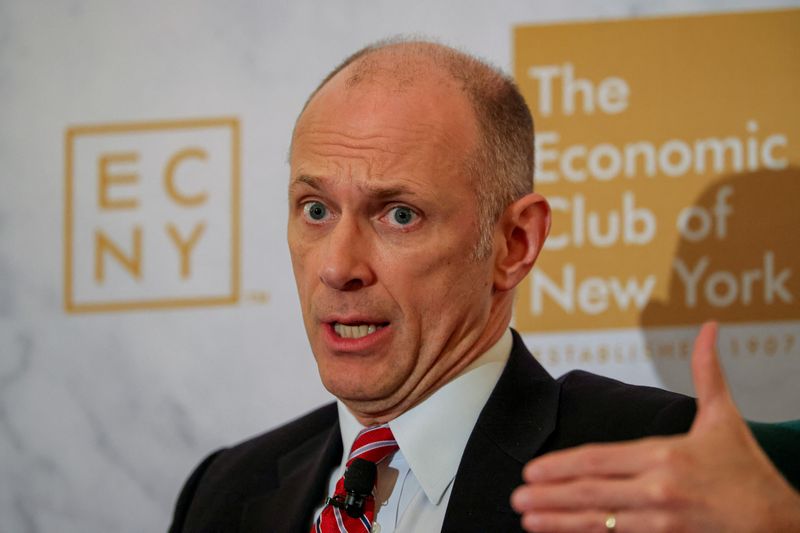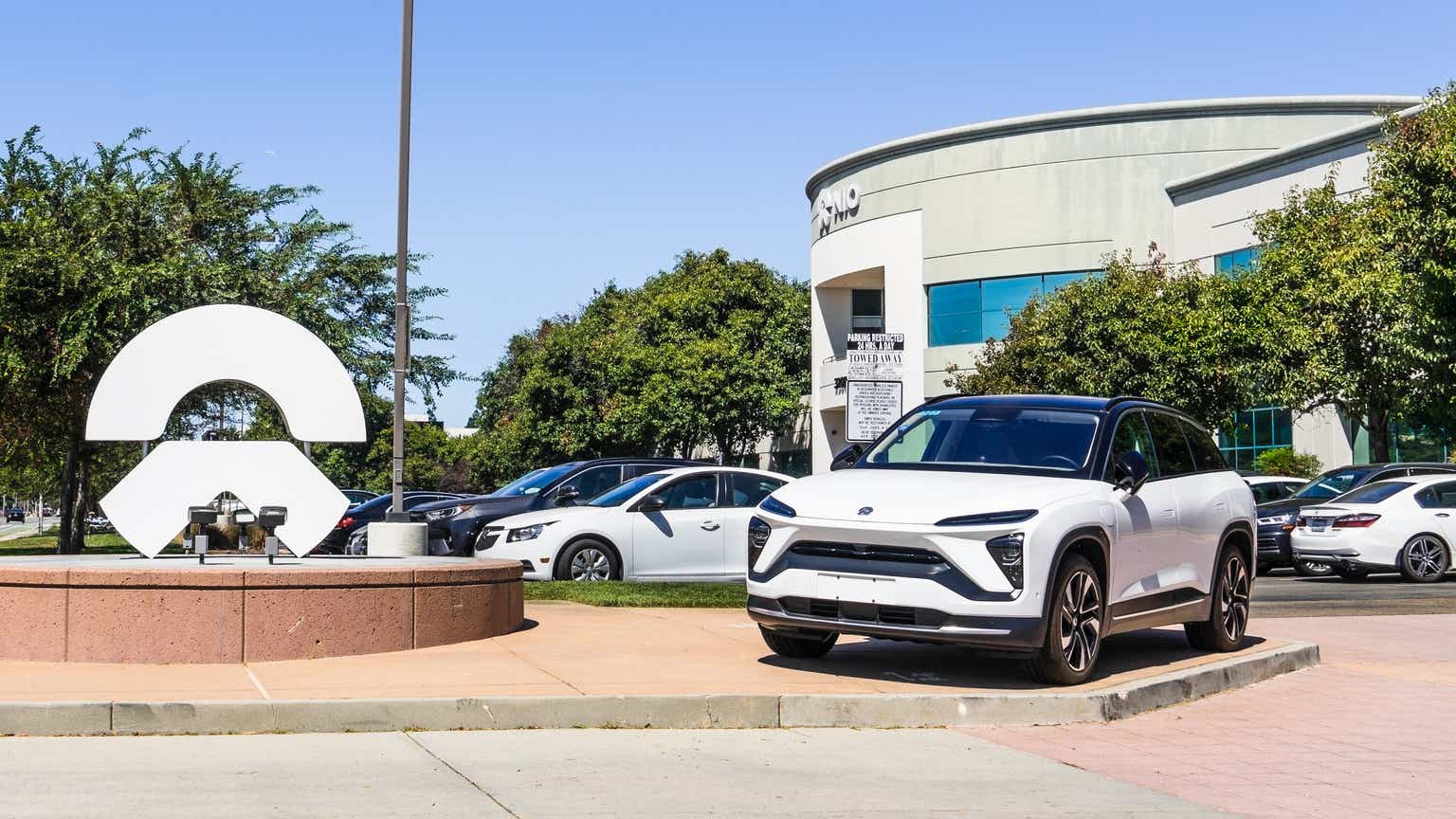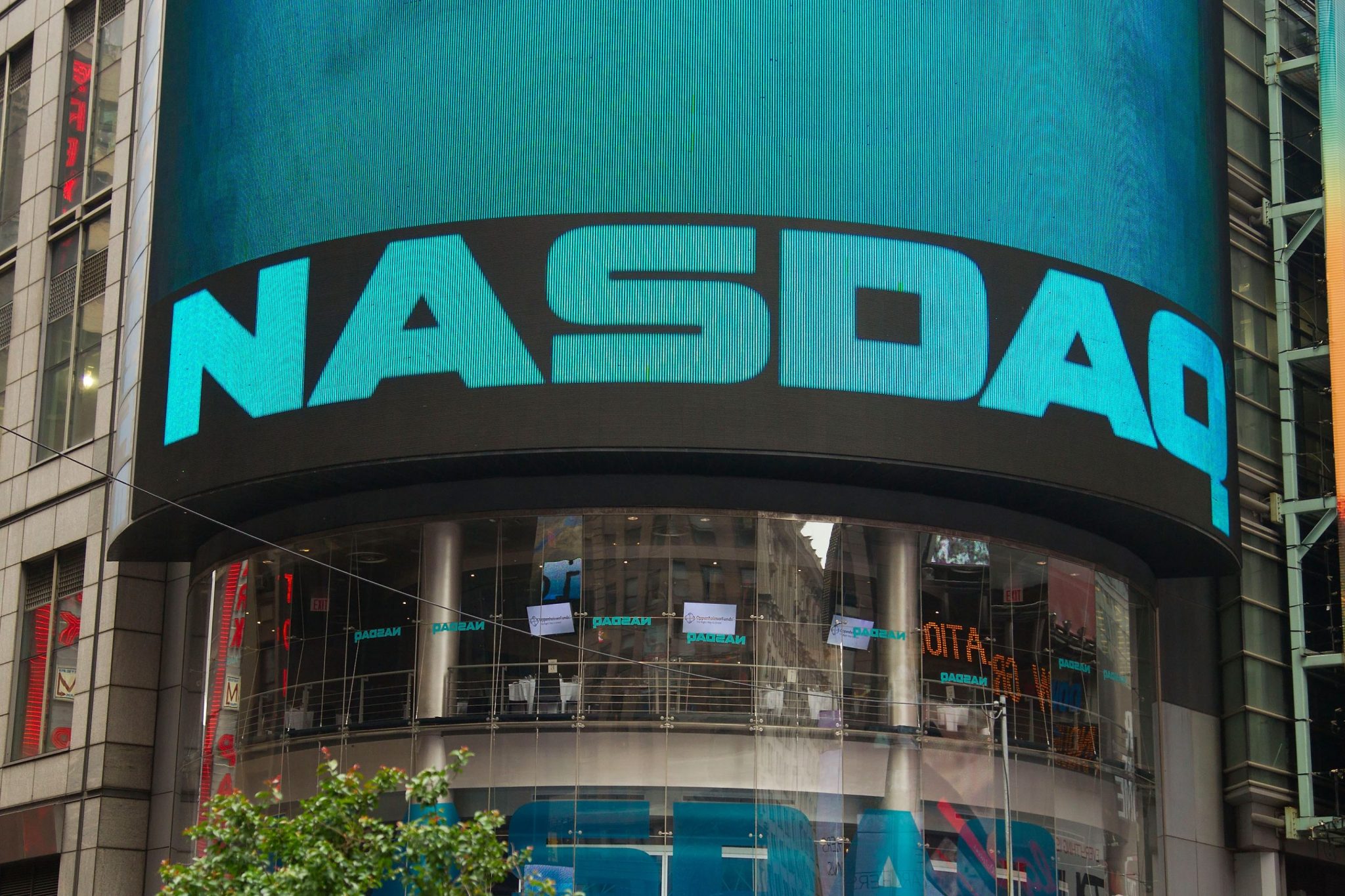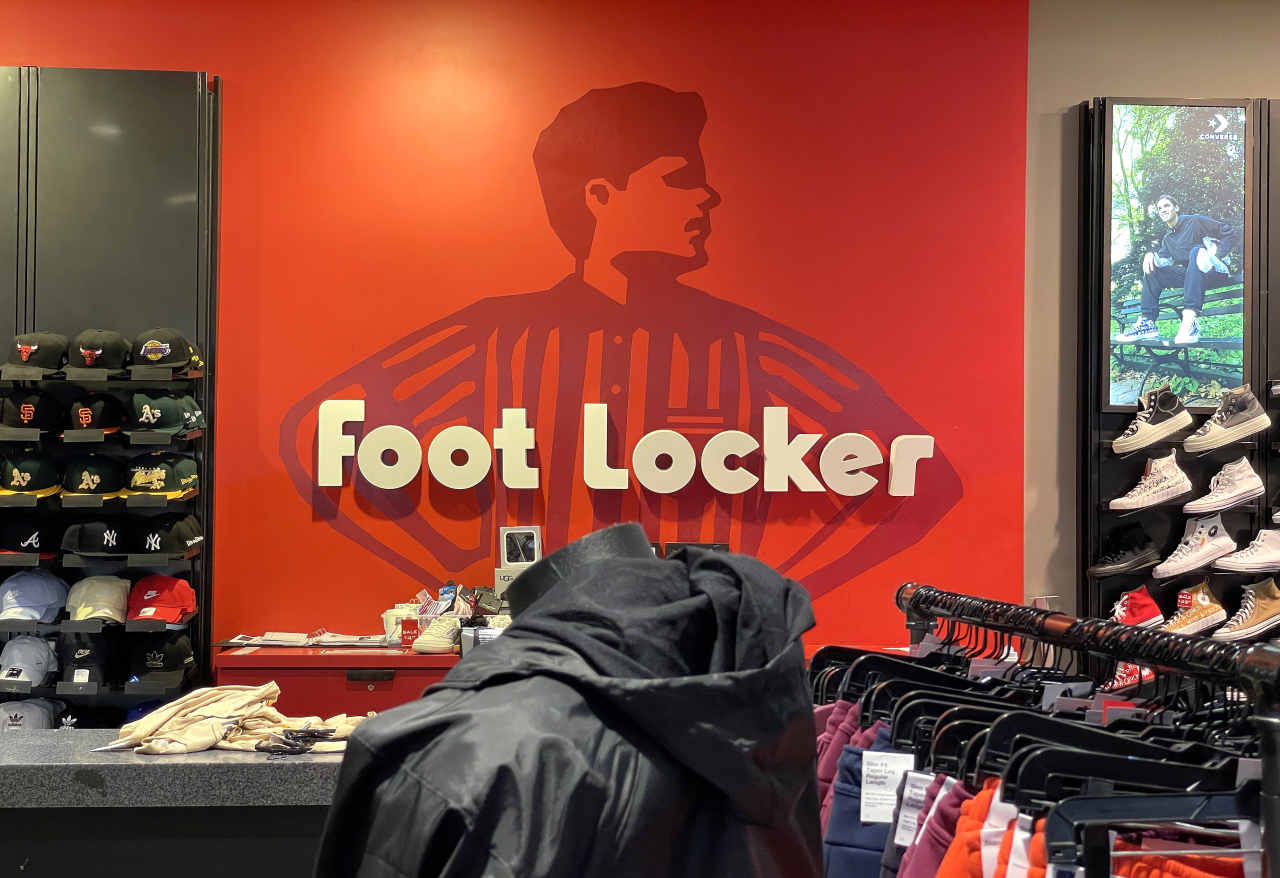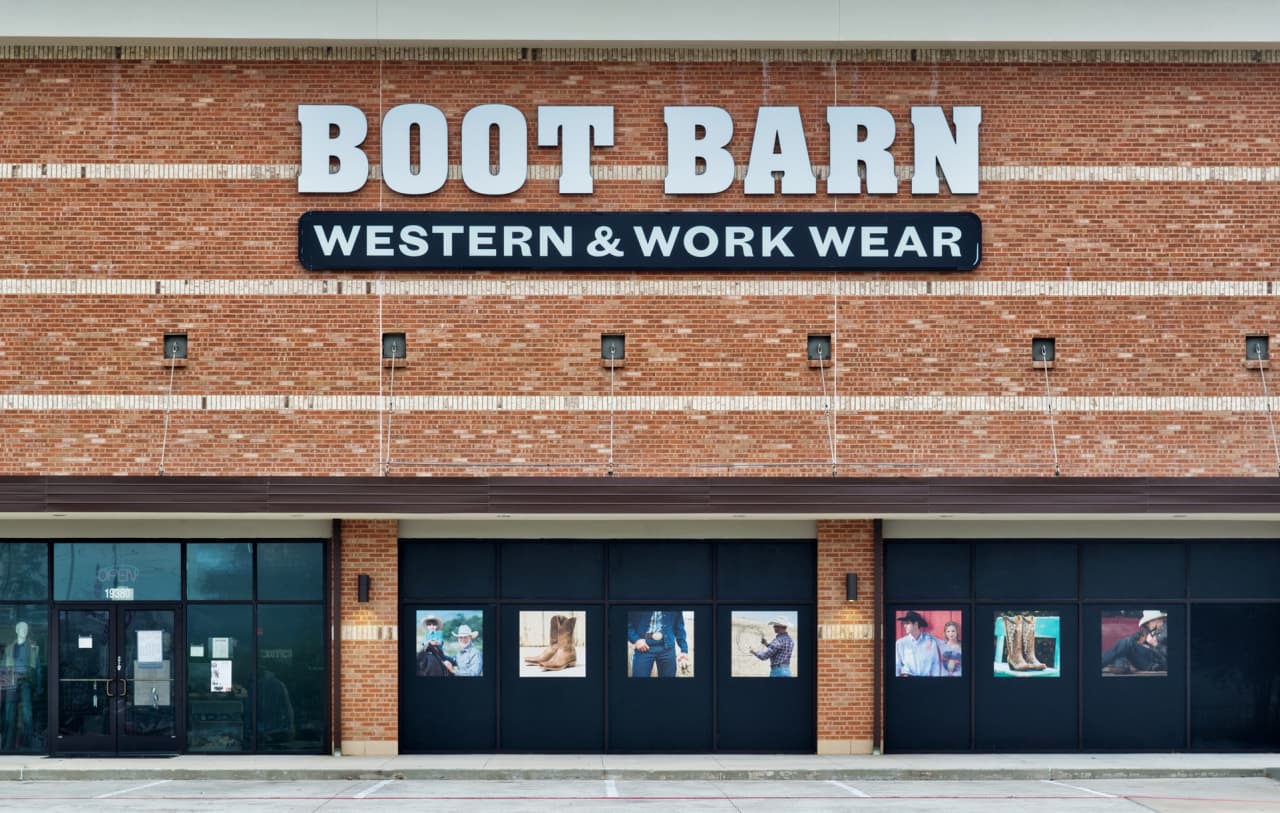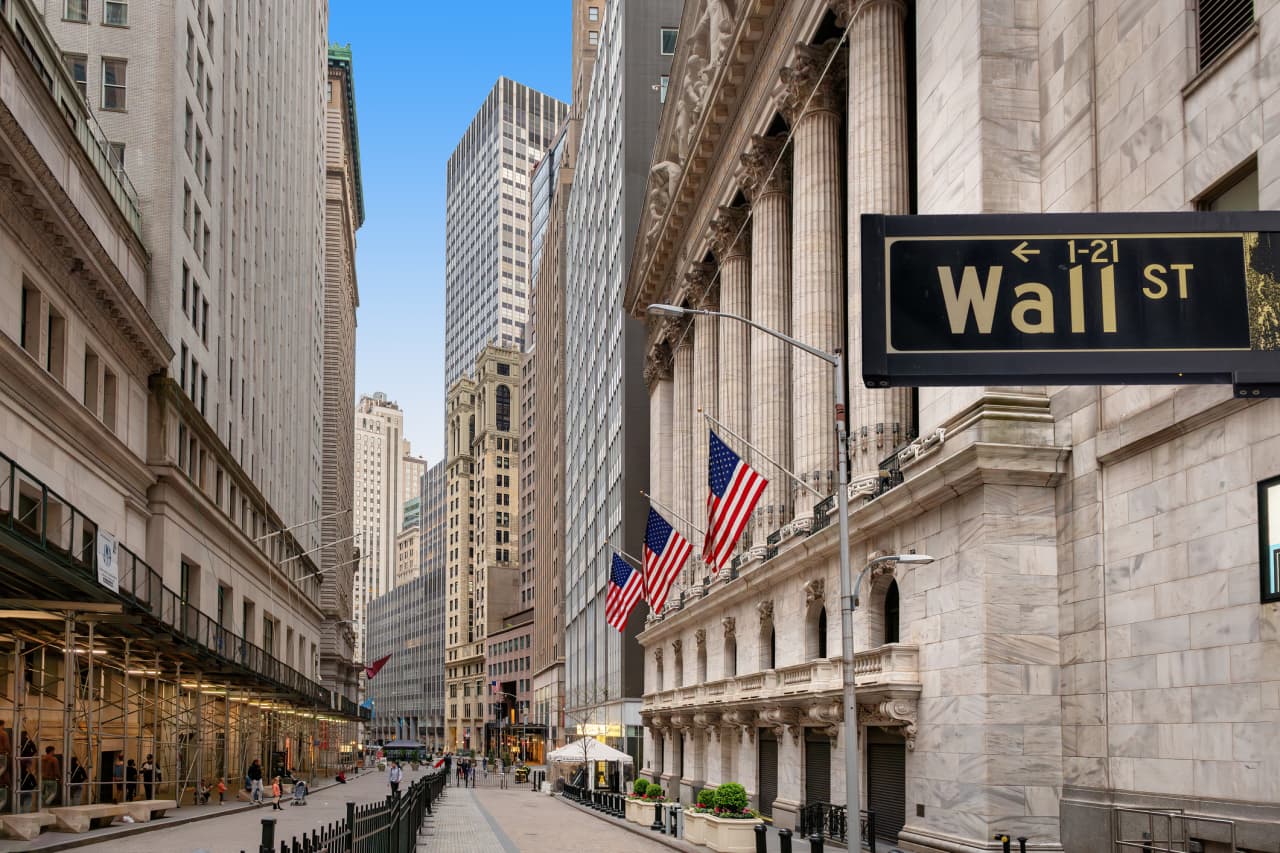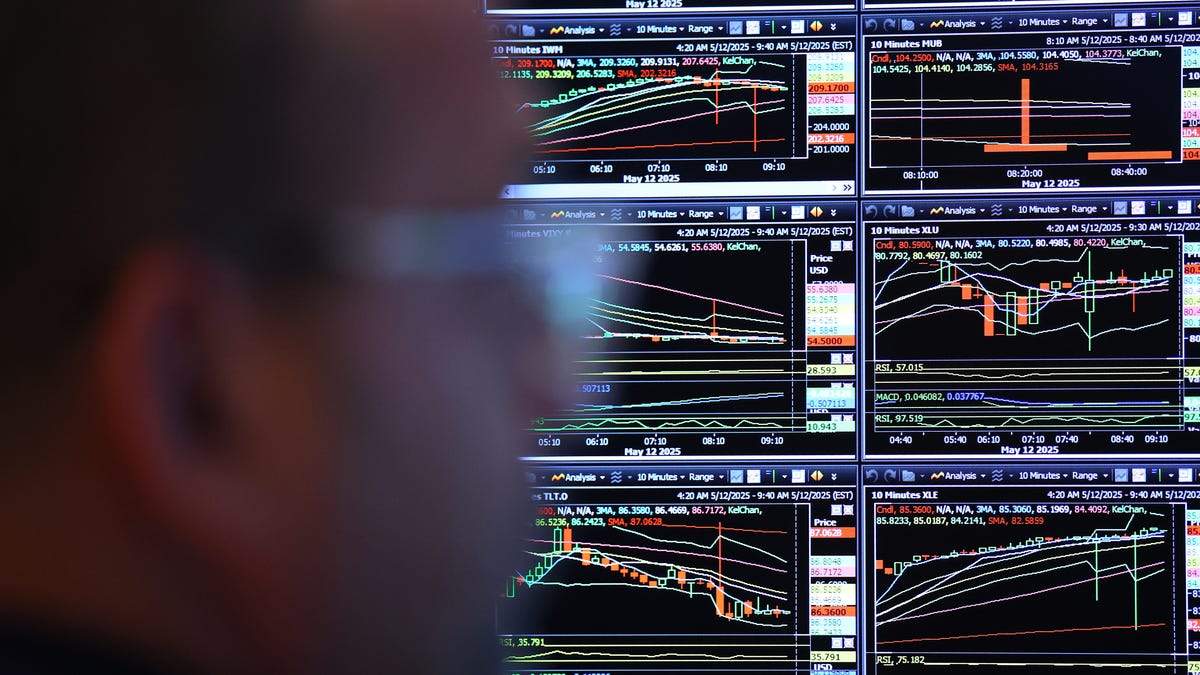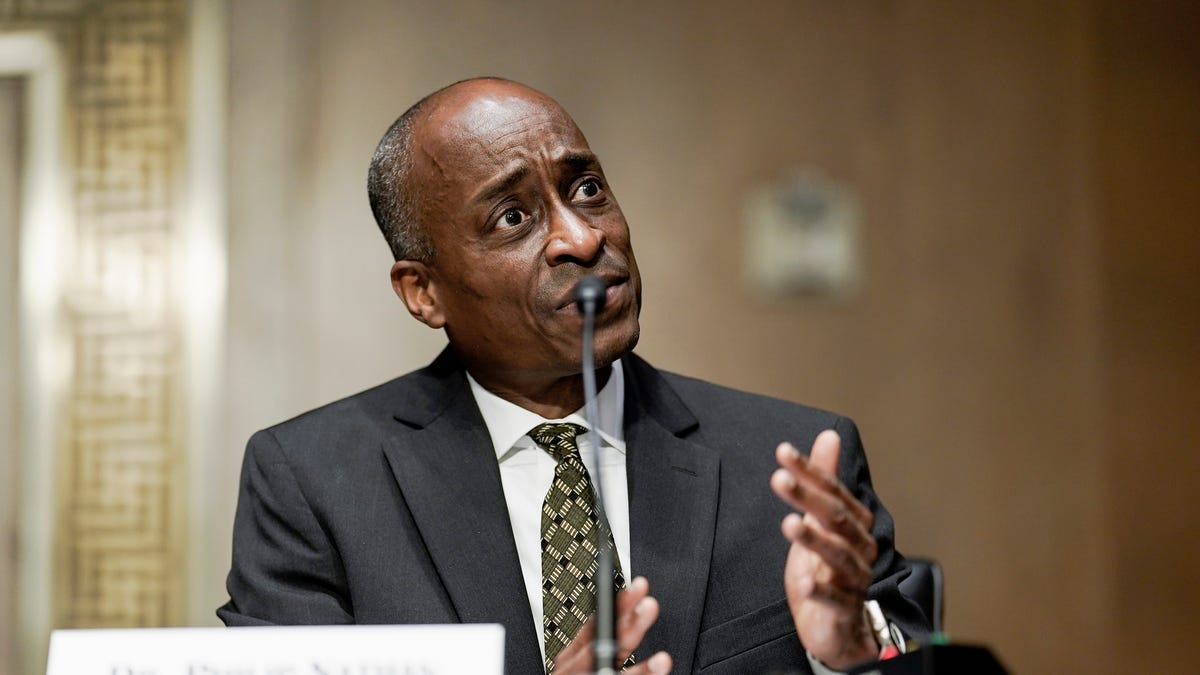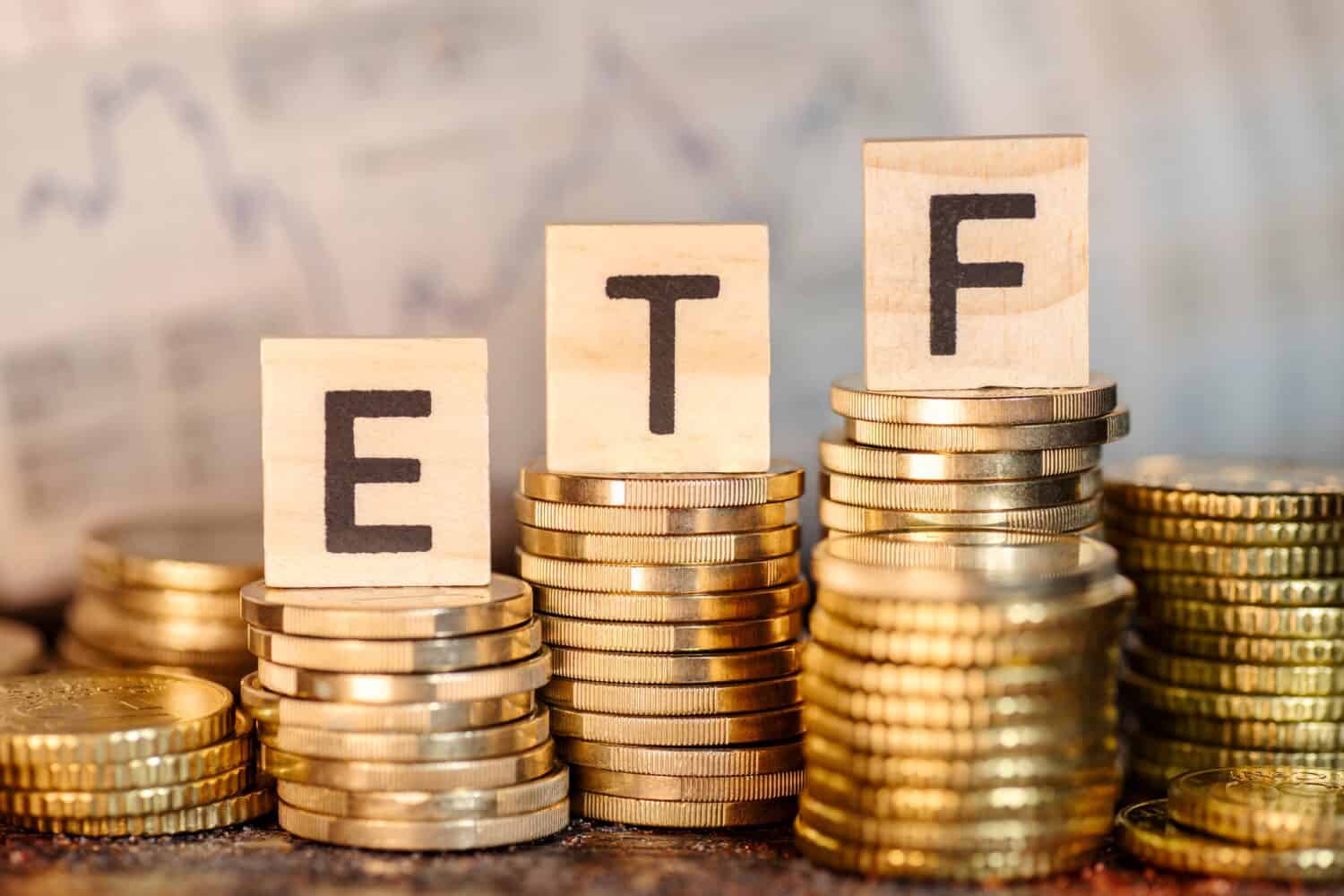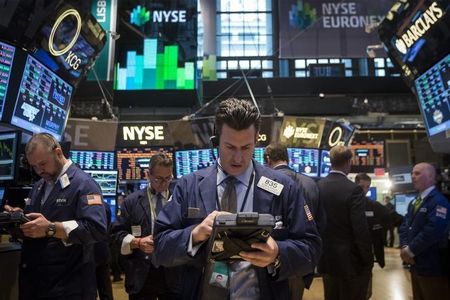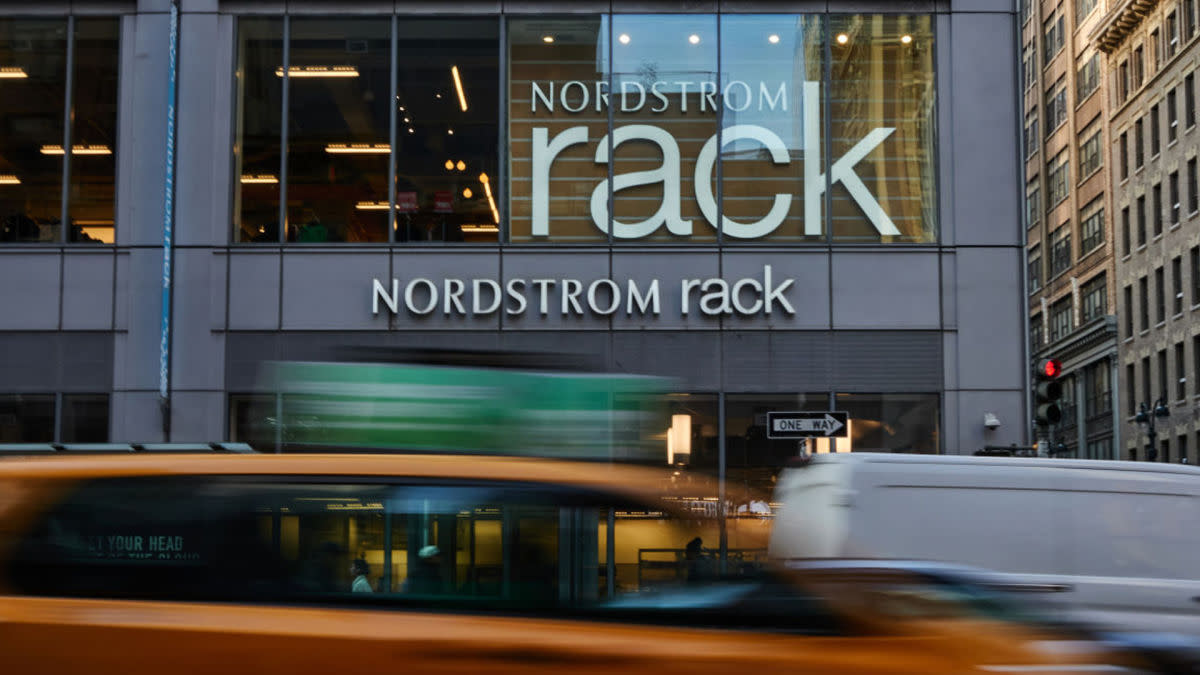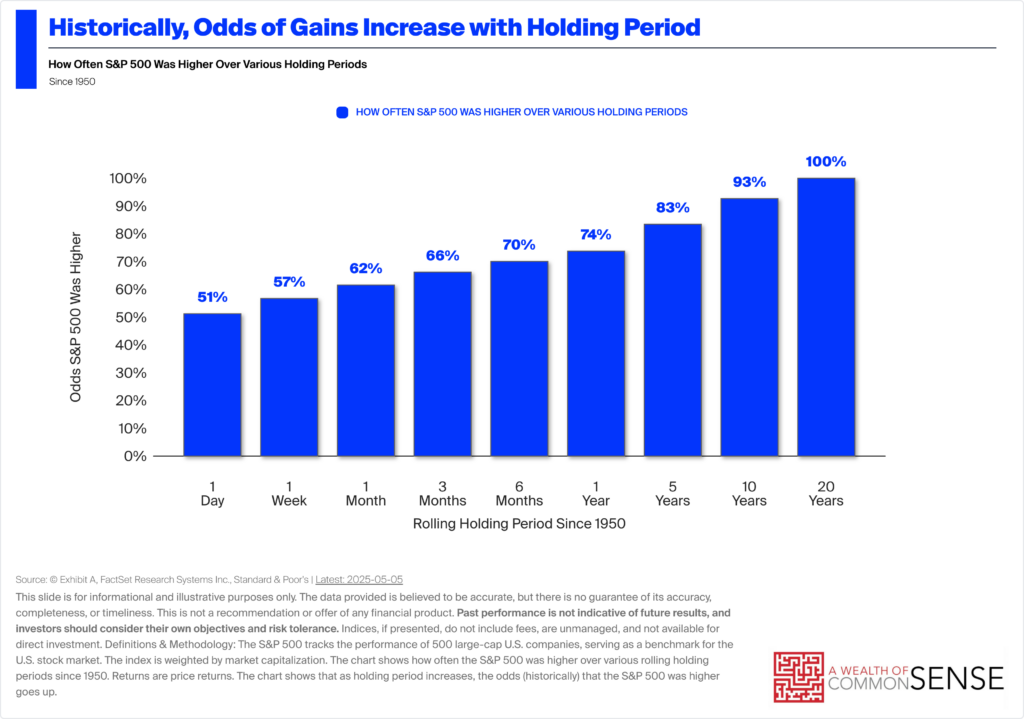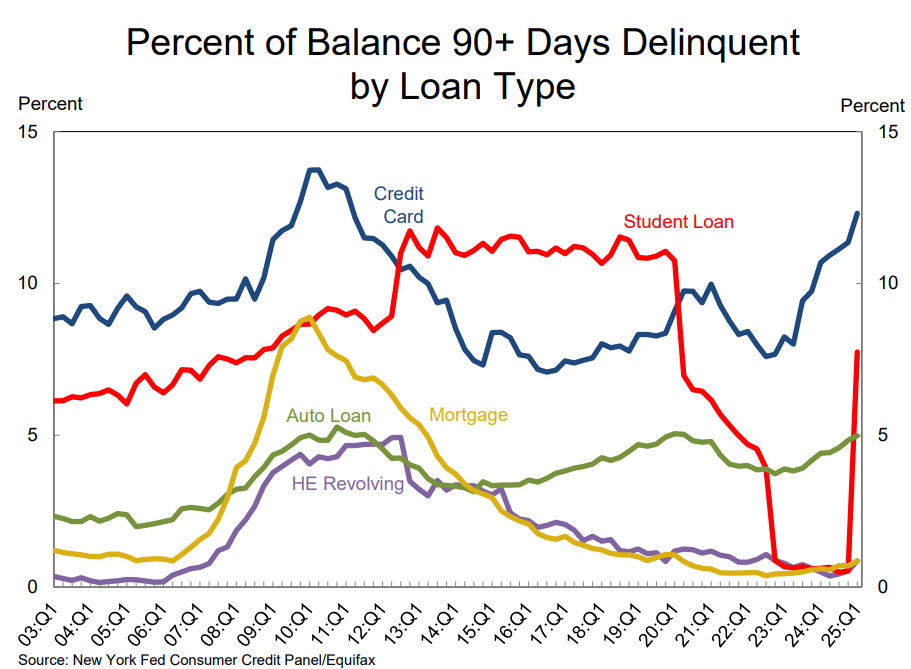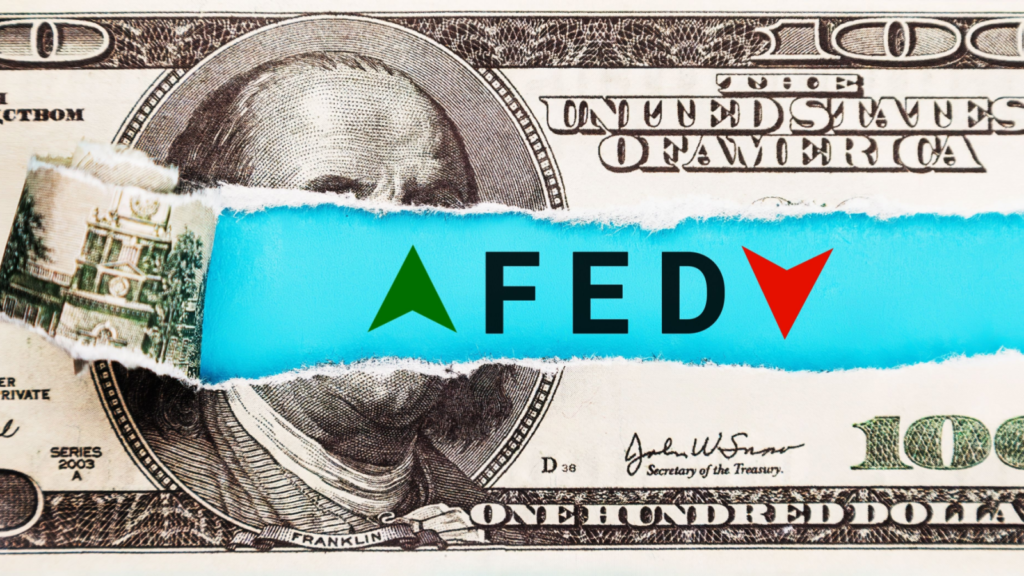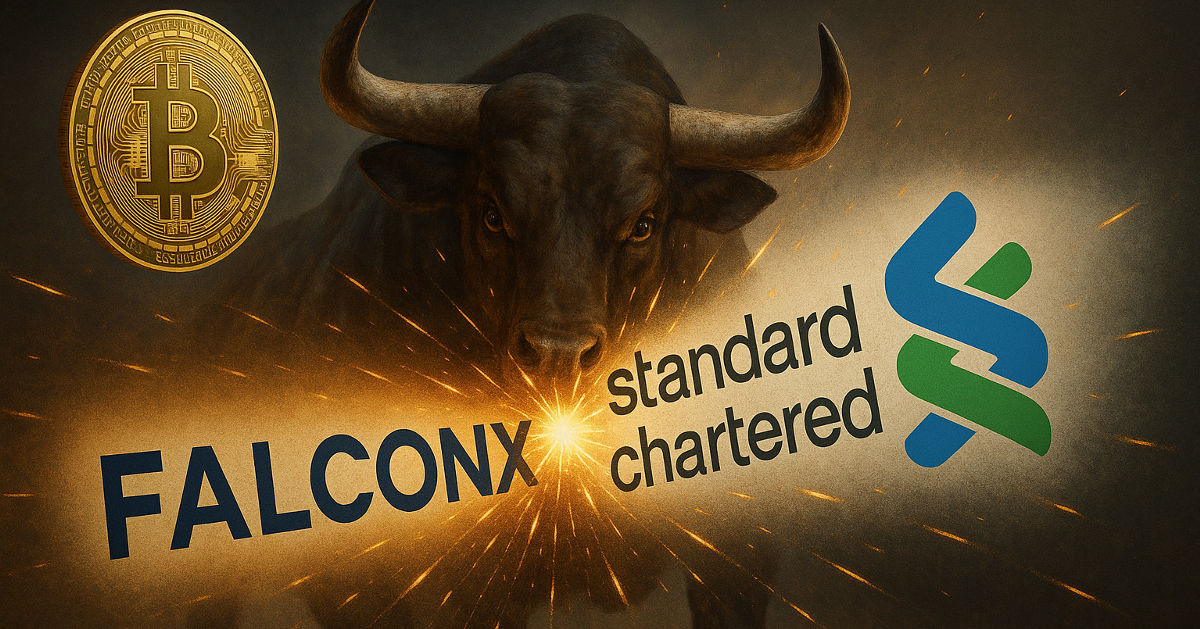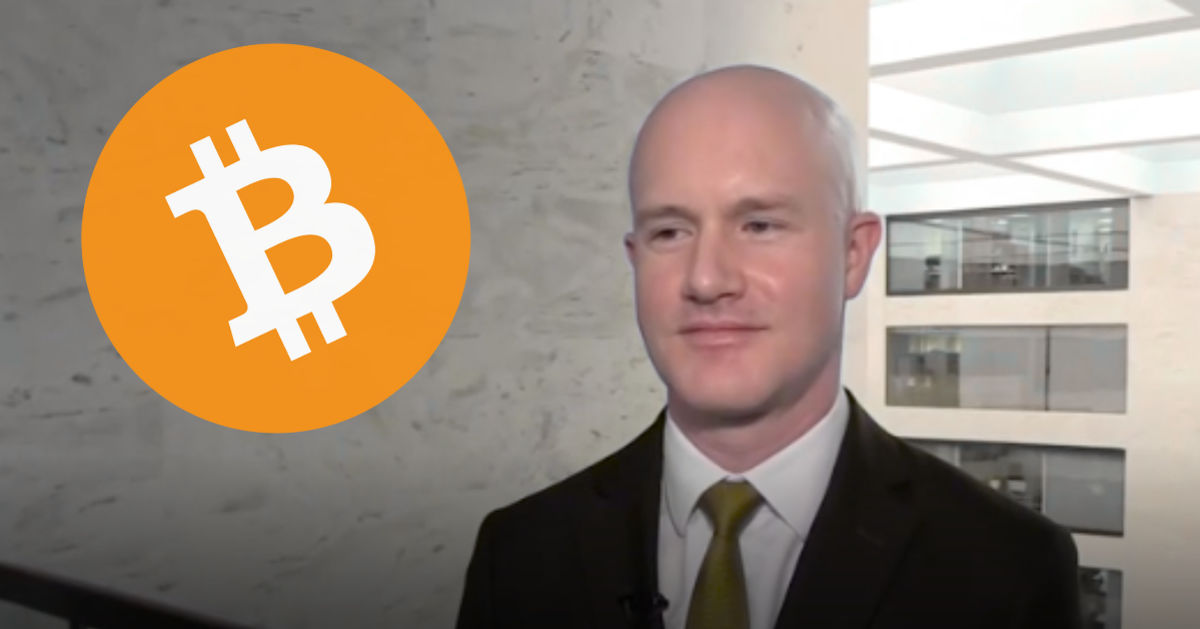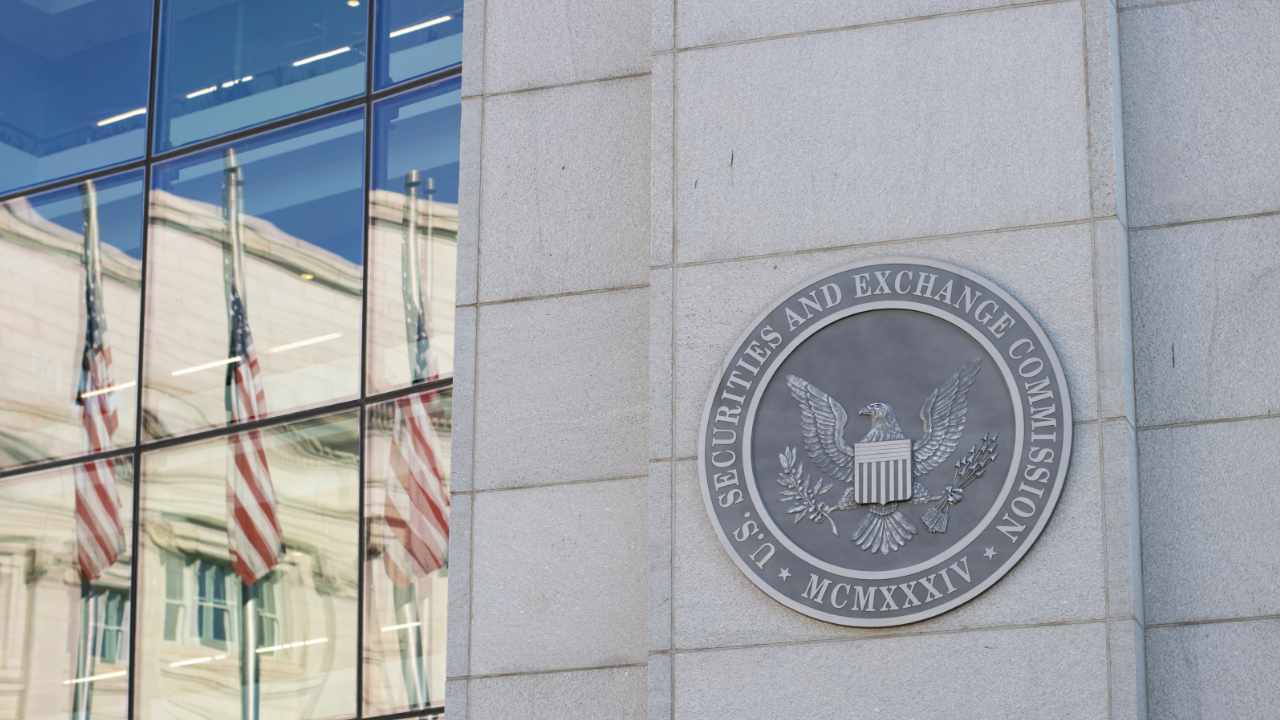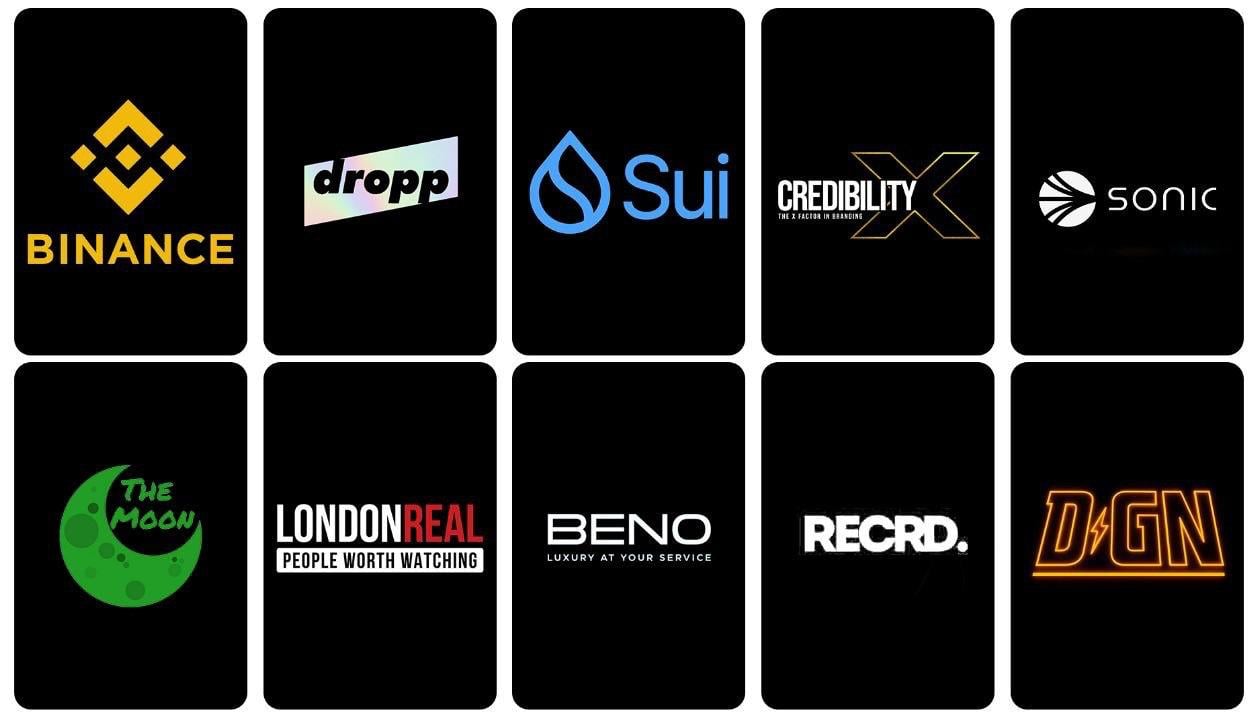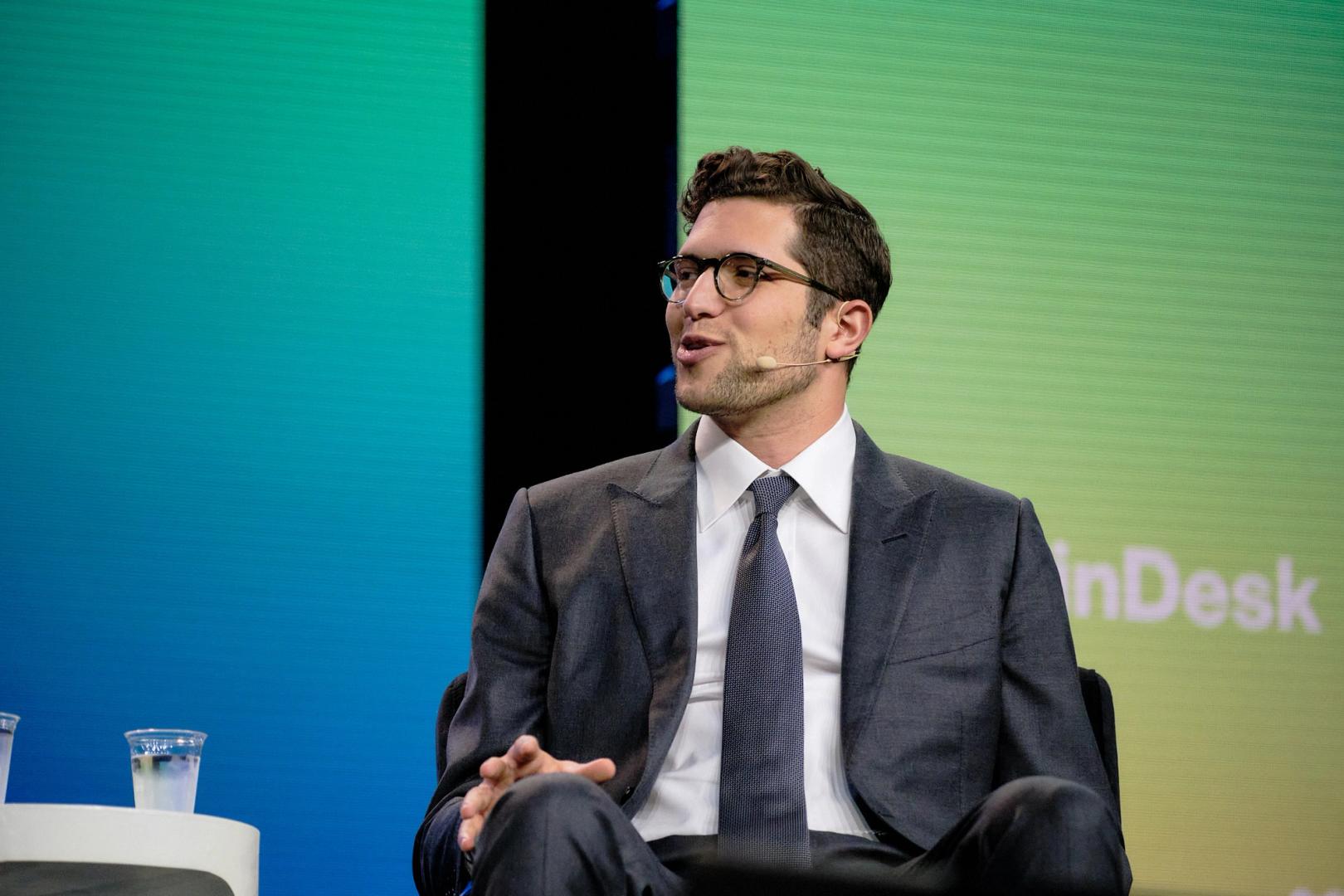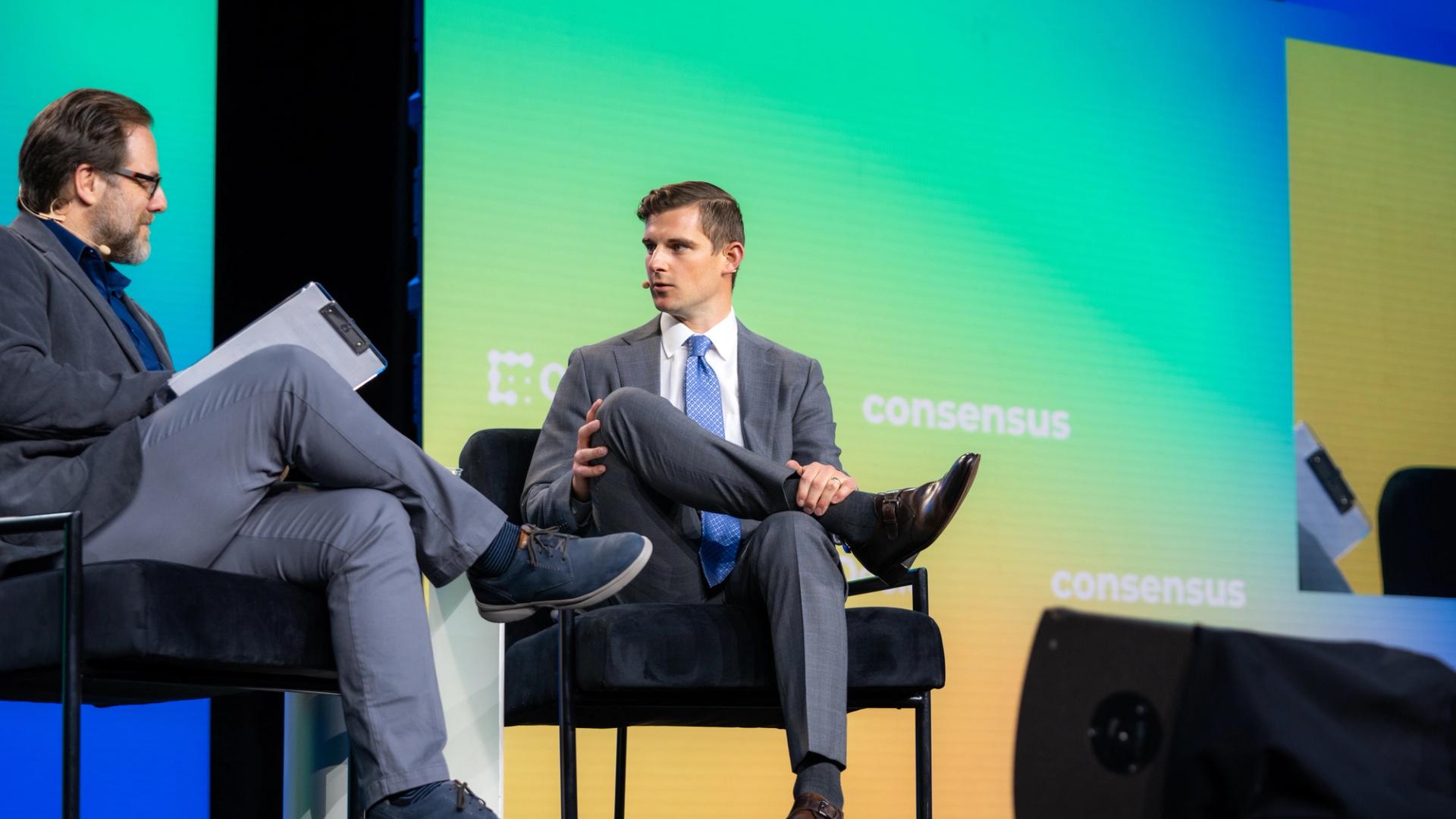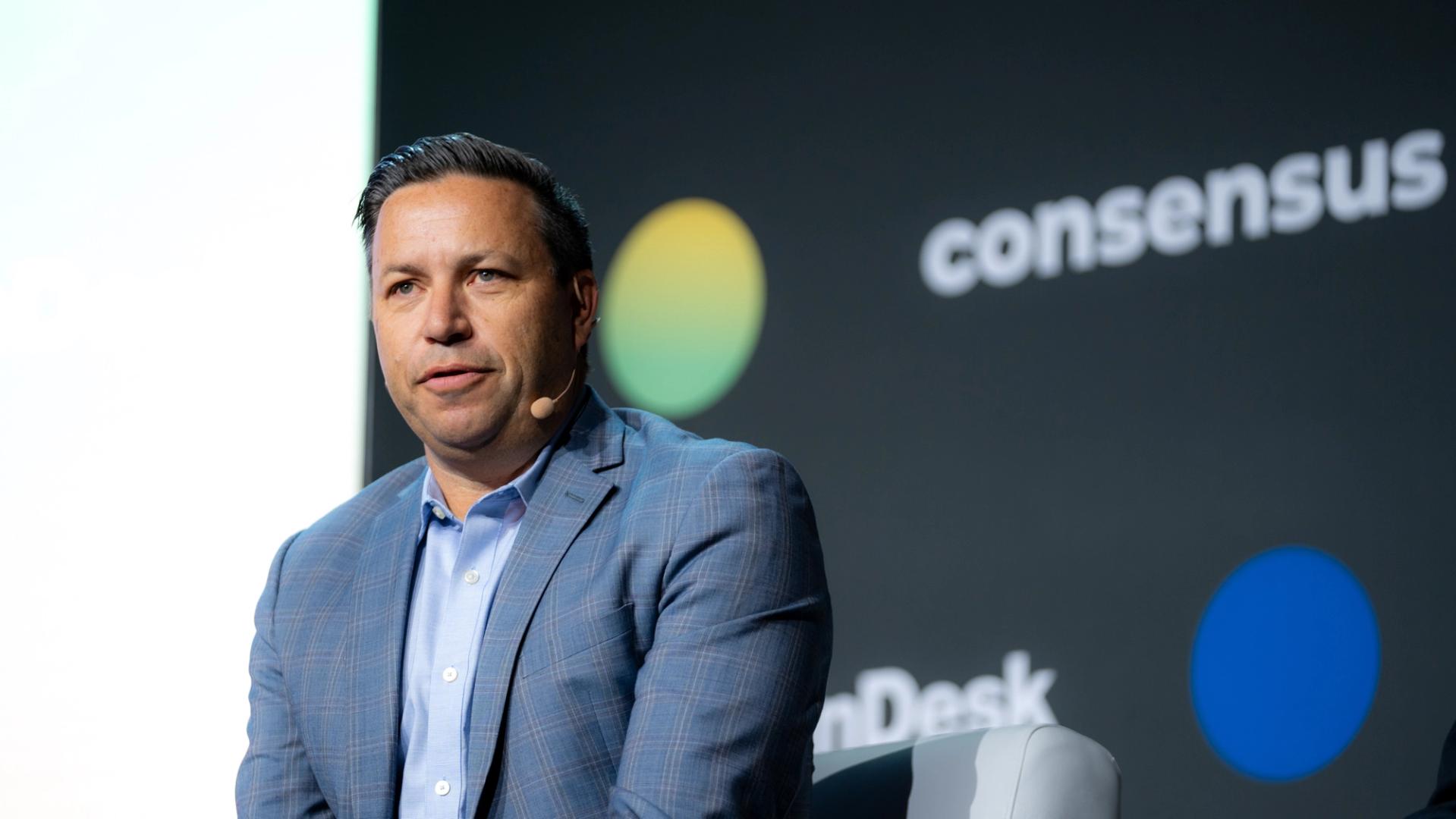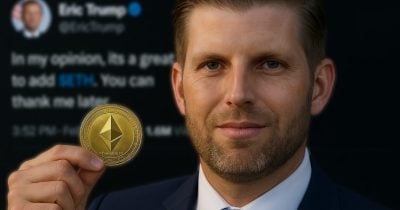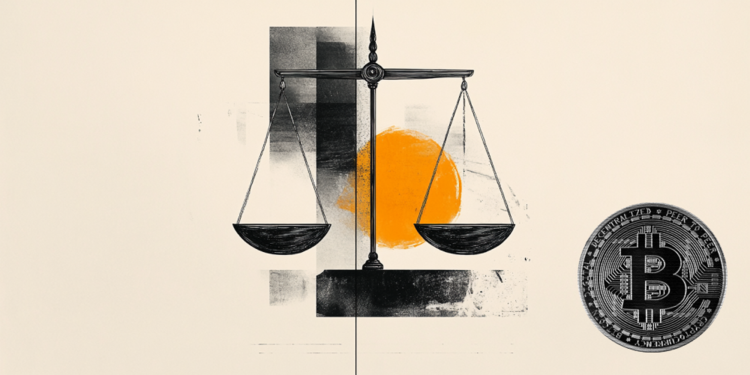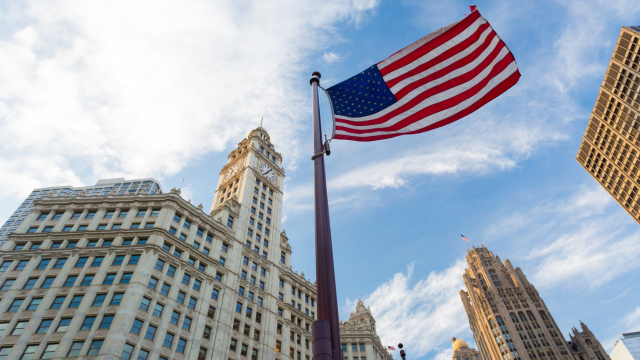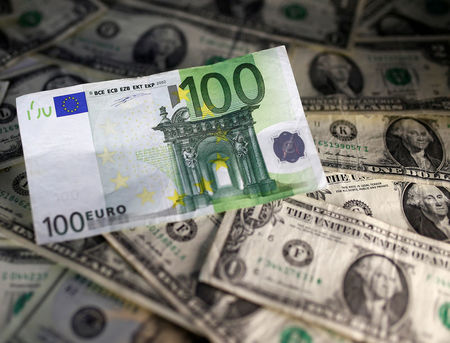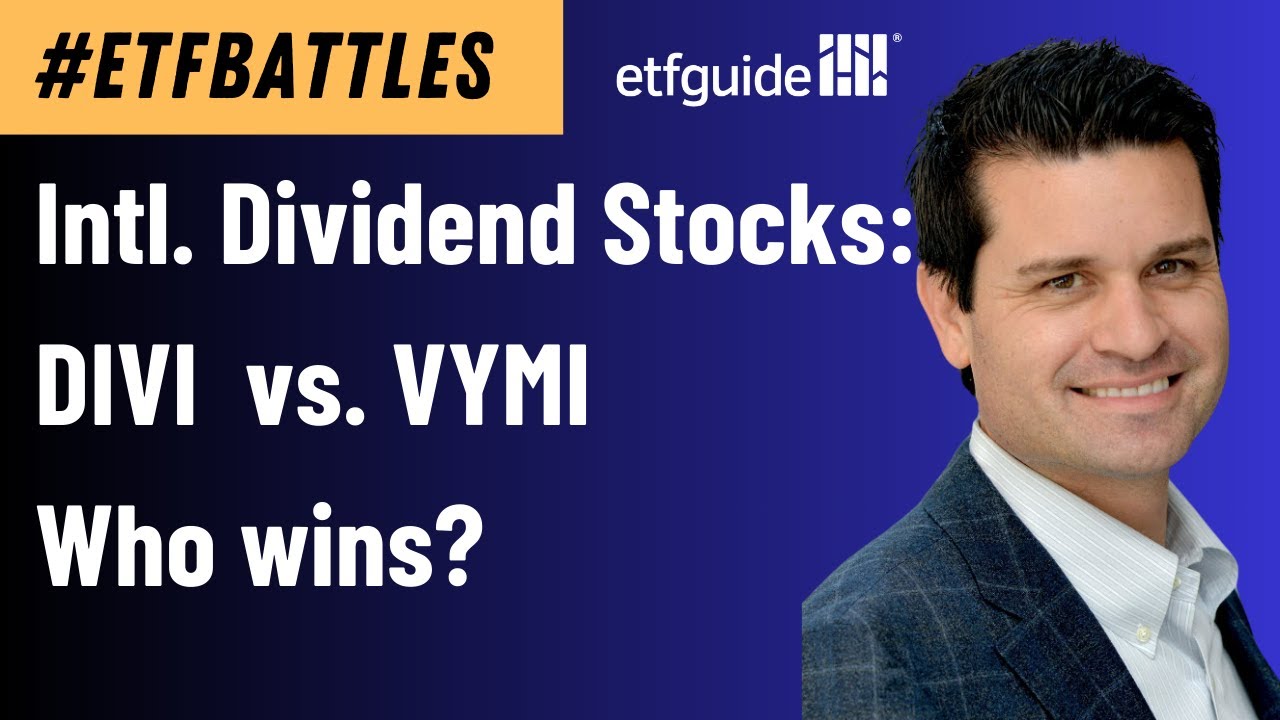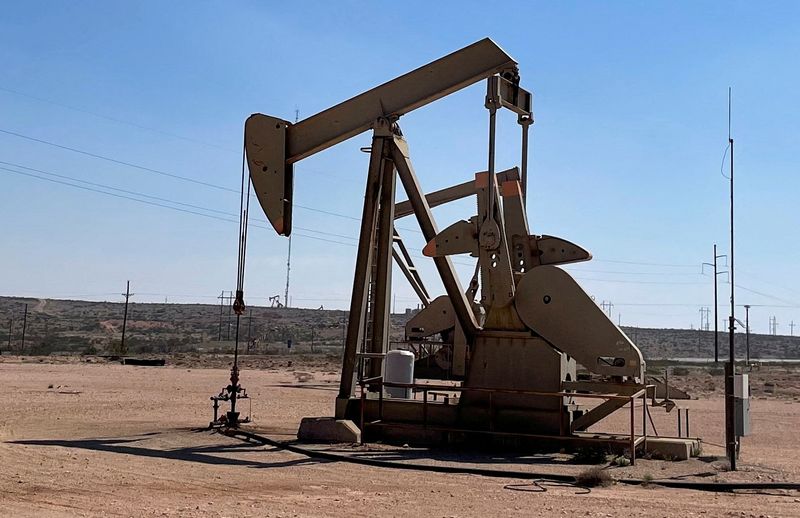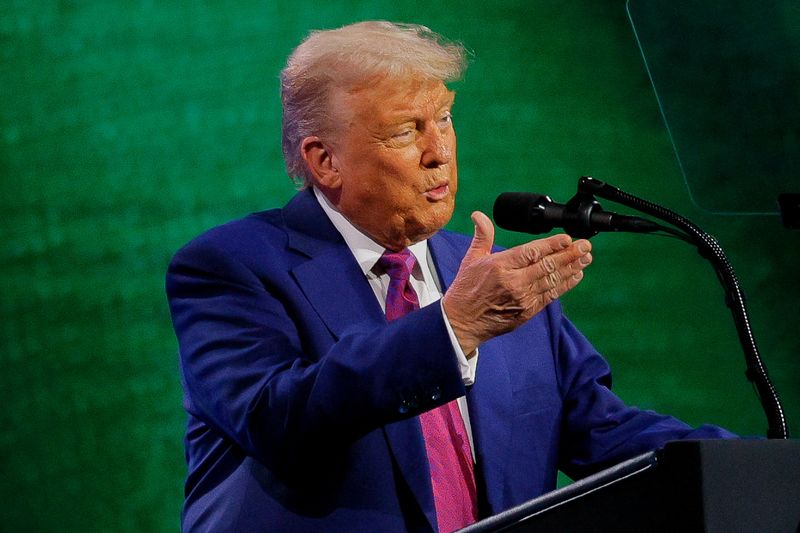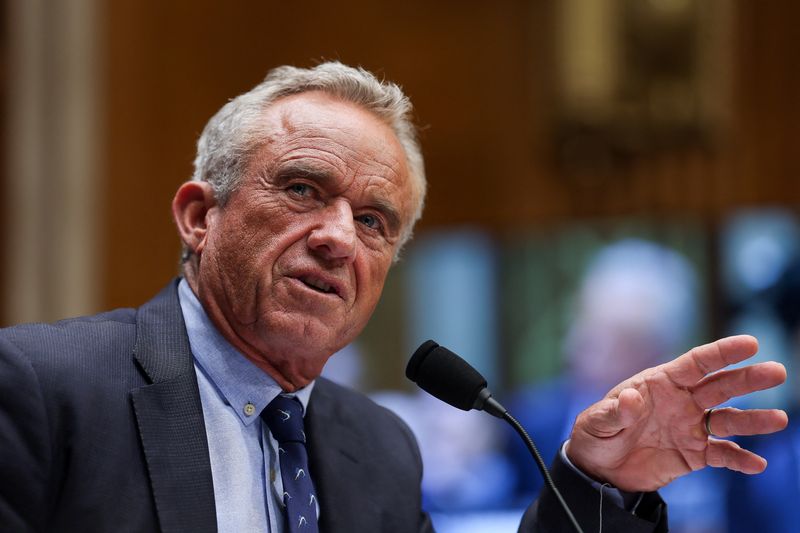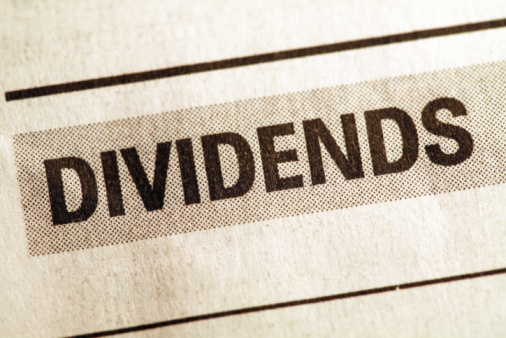With $350 Billion, What Will Warren Buffett’s Successor Do With the Cash?
Investors around the world have received some rather incredible news this past week. Berkshire Hathaway (NYSE:BRK-B) CEO Warren Buffett announced at his annual meeting that this will be his last one. That’s right – the Oracle of Omaha will officially be stepping down as CEO. This move will close the chapter on an incredible six decades at […] The post With $350 Billion, What Will Warren Buffett’s Successor Do With the Cash? appeared first on 24/7 Wall St..

Investors around the world have received some rather incredible news this past week. Berkshire Hathaway (NYSE:BRK-B) CEO Warren Buffett announced at his annual meeting that this will be his last one. That’s right – the Oracle of Omaha will officially be stepping down as CEO. This move will close the chapter on an incredible six decades at the helm of what’s become one of the most beloved stocks in history.
Key Points
-
Warren Buffett will go down as one of the greatest investors of all time, and likely will do so in short order.
-
With the Berkshire CEO set to step down at the end of the year, let’s dive into what his successor Greg Abel will do with the cash hoard this conglomerate is sitting on.
-
Are you ahead, or behind on retirement? SmartAsset’s free tool can match you with a financial advisor in minutes to help you answer that today. Each advisor has been carefully vetted, and must act in your best interests. Don’t waste another minute; get started by clicking here.(Sponsor)
Berkshire’s long-term success can be attributed to a number of key factors. But few investors would ignore the impact Warren Buffett and Charlie Munger have had on directing the company’s capital toward some of the best and most iron-clad long-term portfolio positions any investor could dream of.
Many of the companies Berkshire holds in part or in full are rather boring businesses, and that’s the way Munger and Buffett liked it. But with a cash hoard of nearly $350 billion, and what Buffett perceives as a relative lack of opportunity in the market, this number continues to grow as valuations remain high.
Let’s dive into a few key scenarios of how Abel and his team may start to invest this capital (or not) in the years to come.
Stay in Cash and Provide Stability
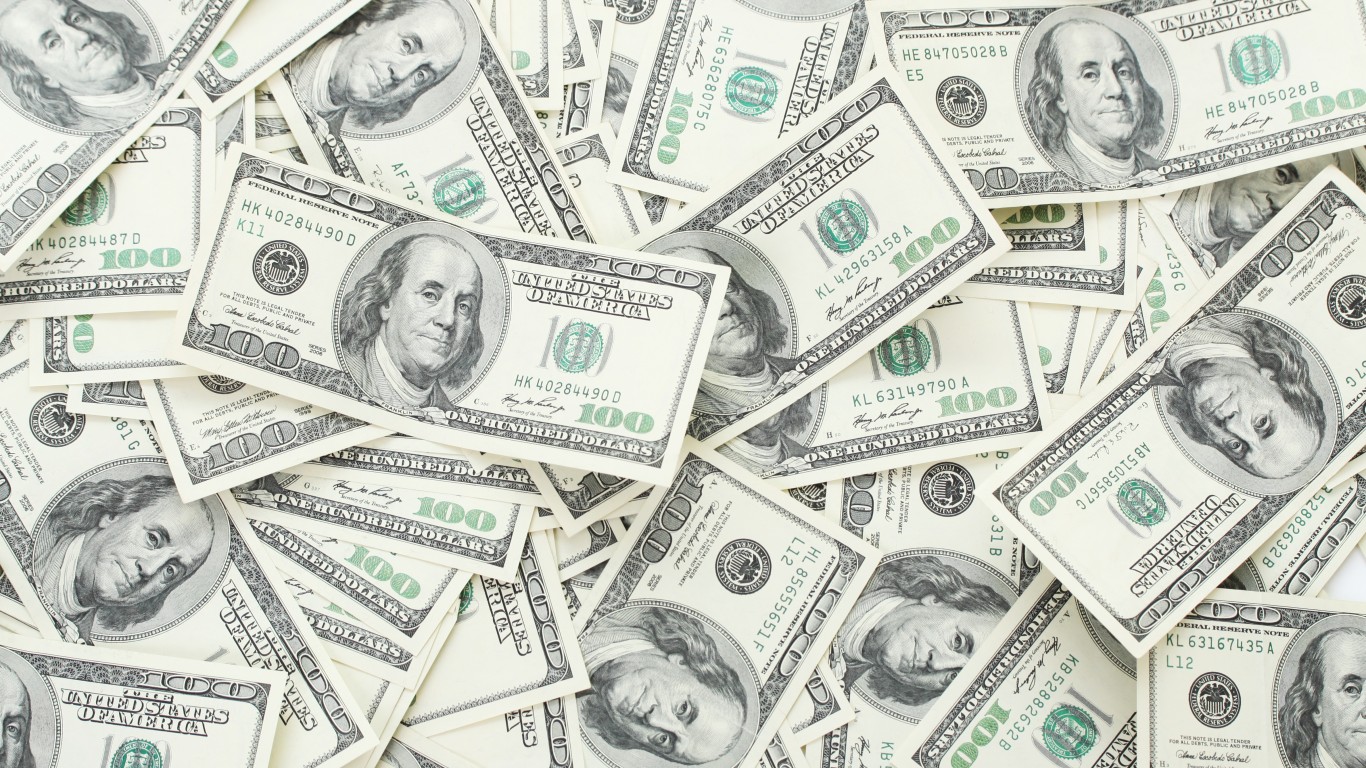
Let’s start with the most realistic scenario, at least for the coming quarters.
Berskhire has continued to grow its cash pile, which really isn’t a cash pile at all. It’s a portfolio of Treasury bills, the likes of which the world has never seen (thus far).
Recent reports indicate that Berkshire’s Treasury bill holdings (very short term duration government debt) now account for roughly 5% of the entire T-Bill market. That’s incredible. This also speaks to the patience of Buffett, and his willingness to wait to find the so-called “elephant” most investors are after.
Bufett has called himself an elephant hunter in the past, asserting that any deals he makes need to be sufficiently large to move the needle. For a company valued at more than $1 trillion, that’s certainly the case, though one could argue that any sort of multi-billion dollar acquisition would be welcome at this point.
In the near-term, earning roughly 5% on short-term government debt holdings certainly makes sense, particularly for investors who think equities are overvalued across the board. But that view might change moving forward.
Which Companies Could Be the “Elephants” Abel And His Elephant-Hunter Team Will Be Looking For?

Abel’s background has been running Berkshire’s Energy division (and non-insurance enterprises overall), so I’d expect any sort of splashy announcements made from the new CEO in the coming year to likely fall somewhere within his circle of competence.
Of course, the Berkshire team is stocked full of stock picking talent, from Todd Weschler to Todd Combs (the two Todd’s often account for the more gregarious moves made by Berkshire, at least in recent years). So, this may not be the case, particularly if we see a sharp selloff in specific tech stocks the company thinks could fit their long-term investing mandate.
That said, I’m of the view that Berkshire is likely to benefit from continuing to invest in stable long-term cash flow generating businesses with robust balance sheets that benefit from larger growth trends for the U.S. economy. That’s what’s worked thus far, and I’m personally tilting my portfolio more toward utility and consumer staples names – the companies I wouldn’t be surprised to see Berkshire go after.
Follow Buffett, and Be Patient
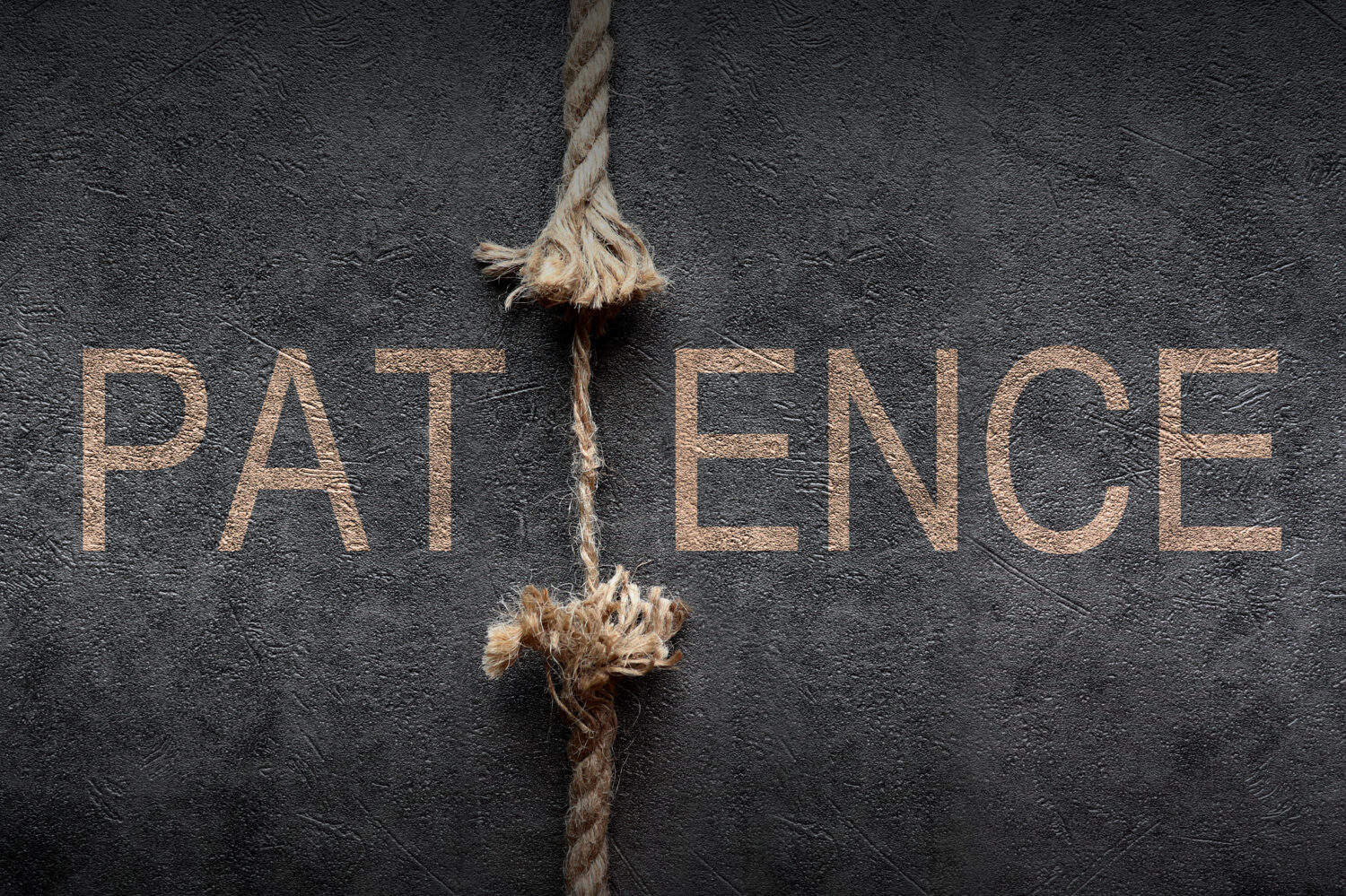
In my view, Buffett is right about the state of the U.S. stock market, at least on a historical basis. The so-called “Buffett Indicator” – a measure of the total value of the stock market to overall U.S. GDP – is back to hovering around all-time highs. Historically-speaking, that simply means stocks are expensive. So, until we get the dip Buffett is looking for, I’m expecting him to stand pat. That’s my base case now, and I’m doing my best to be patient like Buffett.
The post With $350 Billion, What Will Warren Buffett’s Successor Do With the Cash? appeared first on 24/7 Wall St..






